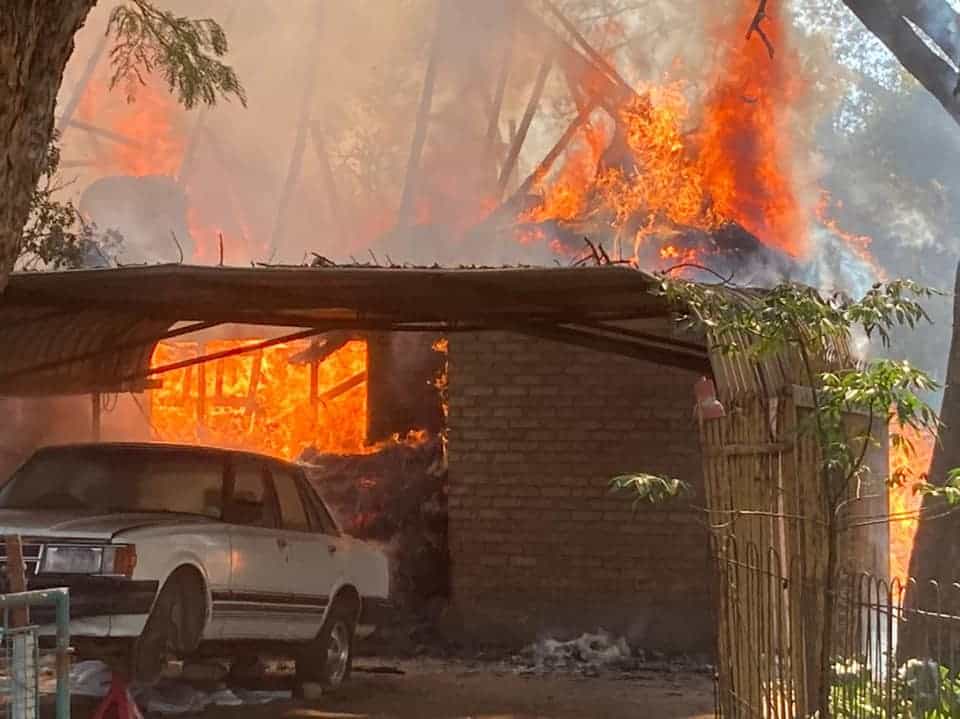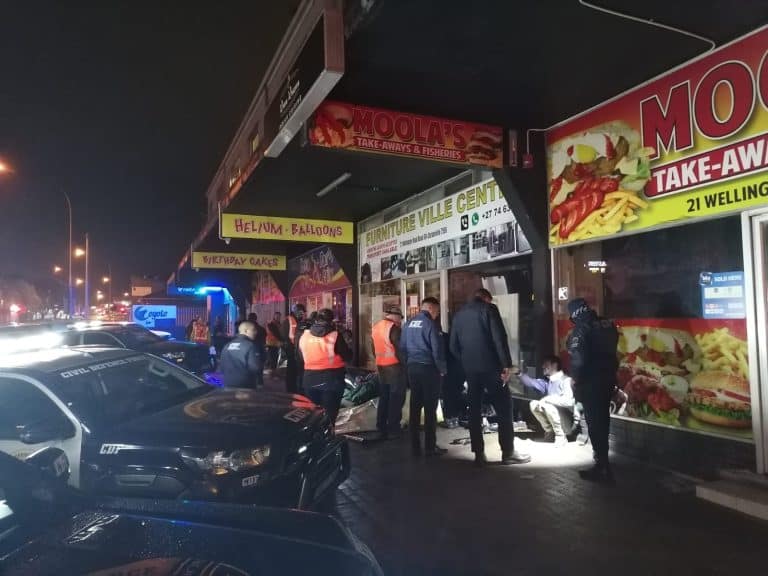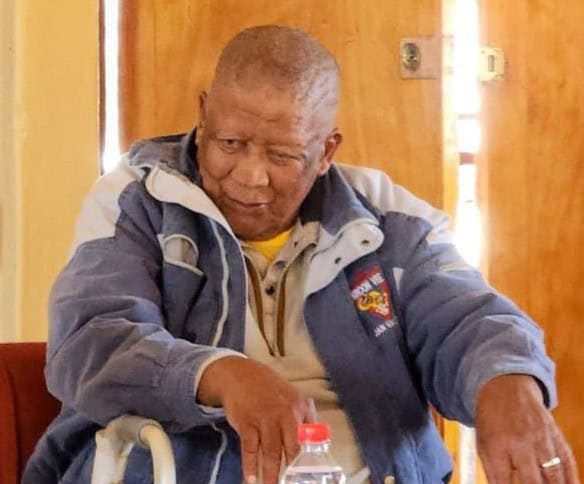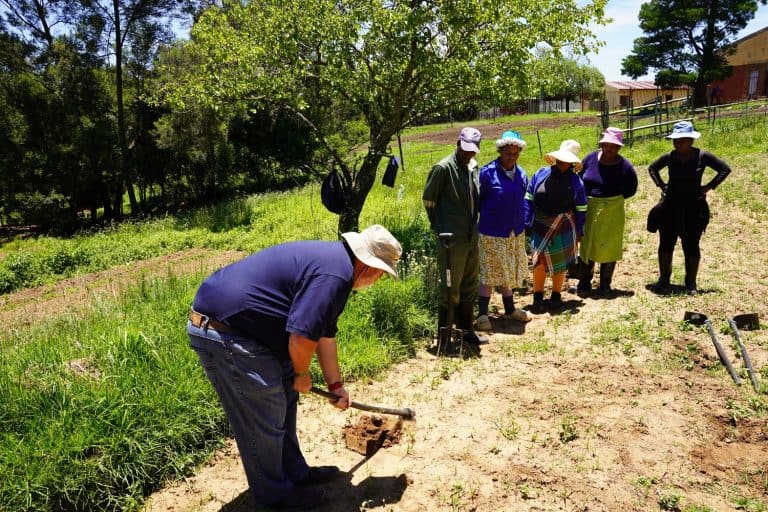AfriForum warns against dangers of gas after explosion claims two-year-old’s life
In South Africa, gas is mainly used during the winter to provide heat against the cold. However, AfriForum warns that liquefied petroleum gas (LPG), a popular fuel source used in many households for cooking and heating, can be dangerous if not handled properly. This warning follows the death of a two-year-old boy on Tuesday evening (8 July) due to a gas explosion at a house north of Pretoria. A few days earlier – on Friday 4 July – three people were injured in Springs, also due to a gas explosion.
“The use of heaters, fireplaces and gas appliances for heating increases this time of year, therefore also the risk of devastating and even fatal house fires. We urge the public to exercise extreme caution when using liquefied petroleum gas – ensure that equipment is in good condition, that there is proper ventilation and that children are never left alone near gas appliances,” says Tarien Cooks, Disaster Management Specialist at AfriForum.
AfriForum stresses that smoke detectors can save lives but only if they are in working order to warn in time. It is recommended that every floor of a house has at least one working smoke detector, especially near bedrooms.
Another important safety measure that is often overlooked, is a simple evacuation plan with more than one exit. Families should discuss in advance what to do if a fire breaks out. Who helps the children or elderly people? Where does everyone meet outside?
“Set a clear assembly point outside the house, such as the front gate or a specific tree and practice the evacuation plan, even if it is just once a month. Panic is controlled by preparation,” says Cooks.
AfriForum shares the following tips for the safe use of LPG in your home:
- Make sure your LPG system is properly installed by a qualified technician. Inspect and maintain your system regularly to ensure it is in good working order.
- Do not tamper with the LPG system. This includes modifying and repairing it.
- Store LPG cylinders in a cool, dry place, away from heat sources and direct sunlight. Keep it upright and make sure it’s securely fastened.
- Use LPG appliances in a well-ventilated area. Open windows or doors to ensure proper airflow.
- Do not leave LPG appliances unattended while in use. Always turn off the gas when you have finished cooking or heating.
- Keep a fire extinguisher handy in case of an emergency.
- Do not smoke or use matches near LPG appliances or cylinders.
- In the event of a gas leak, immediately turn off the gas supply and open windows and doors to ventilate the area. Evacuate the area and call emergency services. Do not turn on electrical switches or appliances or light a match or lighter near the leak.
In addition to the dangers of gas, AfriForum warns that house fires are also becoming more common in the cold winter months. Already this year, several house fires, related to the use of fireplaces, heaters and gas appliances for heating, have claimed lives.
“In the past few months, several lives have already been lost in house fires. A house fire is fast, hot, dark and deadly. Smoke spreads faster than you think and most deaths in house fires are not from the flames, but from smoke inhalation. A smoke detector buys you those few minutes to get your family out of the house,” says Cooks.
AfriForum warns to keep flammable materials away from heaters and fireplaces, to turn off heaters and electrical appliances when sleeping or leaving the house and to keep a fire extinguisher or fire blanket in the kitchen and living rooms.
AfriForum also shares practical tips in the attached document on what to do before, during and after a house fire.











